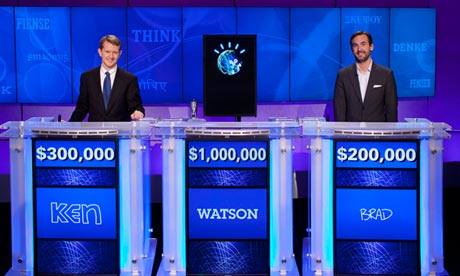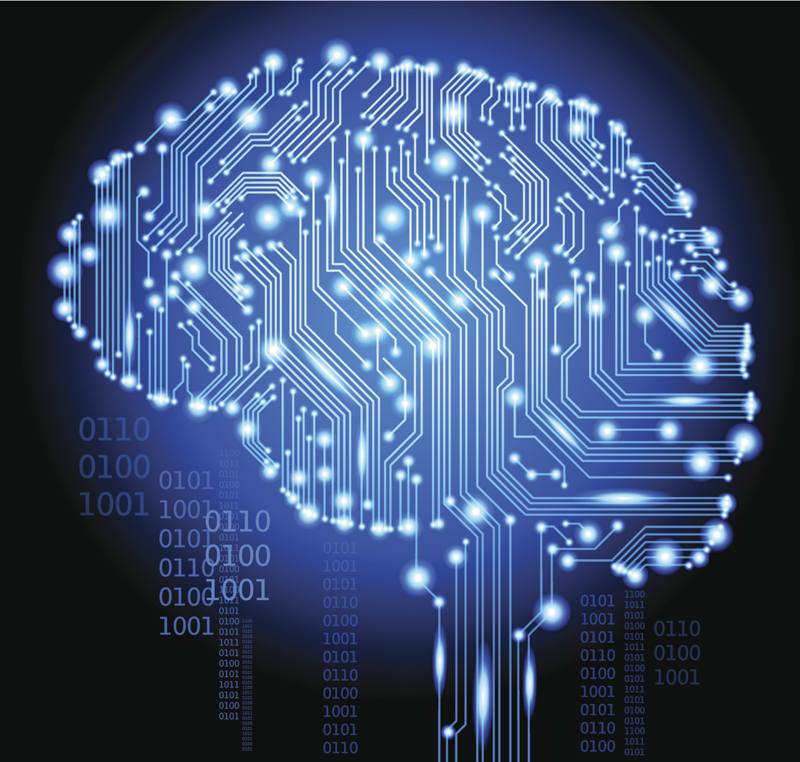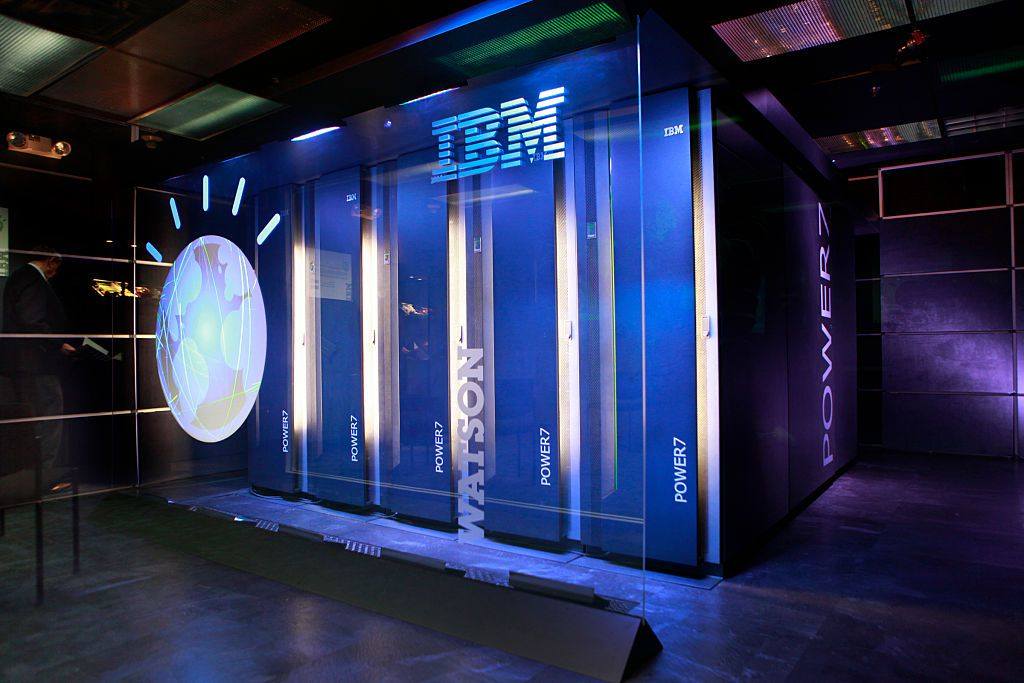There has been a buzz about IBM Watson right from the beginning of this year. IBM Watson is a game changer in computing and decision making. It is a product of the company IBM. It is named after its founder, Thomas J Watson. There is a funny speculation about the name. That is, it is called Watson because it will act like an assistant, in lieu of the Sherlock Holmes and the Graham Bells assistants, both called Watson. This software first made the news when it competed in the American trivia show, Jeapordy!. It competed against two former winners. In this show, difficult questions about general knowledge and trivia are asked. IBM Watson scanned multiple documents and sources of information, to come up with the right answers.

What is IBM Watson?
IBM Watson is a robot that works with Artificial Intelligence technology and augmented reality. Artificial Intelligence is a scientific technology that tries to develop machines that can think and solve problems like humans. Machine Learning within artificial intelligence is the concept of teaching the machine how to solve problems, by giving a lot of examples to it. After that, it could generate an algorithm (a formula) based on what it has learnt from all the human examples. After this, it could apply this formula to solve problems given to it. Machine learning is already being used in many sophisticated industries. Tesla’s Elon Musk is also heavily involved in this technology.
Cost of Making:
The hardware cost of IBM Watson is $3 million. This is apart from the human resource expense of the 25 scientists working on it. As the annual revenue of IBM is $100 million, they cannot invest in something whose returns are not $10 million at least, annually. So, it is expected that they will make at least that much, and cover the costs easily.
Purpose of Making:
The purpose of making IBM Watson is to make life simpler. This is achieved in two ways: one – analysing large chunks of data. Two – helping with decision making. According to IBM, we create tons of data in multiple formats. This data is supposed to help us make better decisions as compared to before. However, if the person making the decision is not updated himself, such great data is of no use. To solve both these problems at the same time, IBM Watson was created. It analyses data and helps you to make decisions based on it. Watson evaluates the equivalent of roughly 200 million pages of content (about one million books worth).

What is cognitive computing about?
From what you read above, it may feel like this is just another, perhaps more sophisticated search engine. However, IBM Watson is more than just that. As the CEO Virginia Rometty said, it said, “It can look for a needle in the haystack but it also understands the haystack”. So, in a sense, it is a much more meaningful search, to help you make decisions. IBM Watson works with probabilities and gives you the answer in confidence levels.
In statistics, confidence levels mean how confident are we in the finding. That is, out of every 100 times that the situation is repeated, how often will our decision be the right decision? IBM Watson will give you confidence intervals like 95%, 97%, 99% etc. We create a lot of data as a society, that is difficult to keep track of. Further, as pointed out by economist Daniel Kahneman, humans are not good at making probability decision making. So, here is where IBM Watson comes in. It uses machine learning and natural language processing to analyse millions of text documents in order to find the right answer for you.
Technical support in IBM Watson:
- Apache UIMA (Unstructured Information Management Architecture) frameworks, infrastructure and other elements required for the analysis of unstructured data.
- Apache’s Hadoop. It is a free, Java-base programming framework that supports the processing of large data sets in a distributed computing environment.
- SUSE Enterprise Linux Server 11. the fastest available Power7 processor operating system.
- 2,880 processor cores.
- 15 terabytes of RAM.
- 500 gigabytes of preprocessed information
- IBM’s DeepQA software. This is designed for information retrieval that incorporates natural language processing and machine learning (text source for technical support: http://whatis.techtarget.com/definition/IBM-Watson-supercomputer)
Applications and third party usage:

As you can imagine, such a sophisticated software has a lot of applications. Instead of a search engine, the company is showing more interest in acting as a support to develop third party systems. For example, they have already tied up with healthcare companies, Development Bank of Singapore, a travel company. They have helped to make specific systems for each of these company’s needs, by analysing large bits of data and helping with decision making. For DBS, they have helped to create a wealth management system.
Other Capabilities:
Some interesting applications of IBM Watson are in healthcare. A famous example is that of ‘outthink cancer’. Watson for oncology helps the doctor to make better decisions. The medical records of the patient is matched against scores of data as well as many treatment options, in order to arrive at the best possible treatment options. What needs to be kept in mind is that Watson is not at all static. It learns from interactions with subject matter experts and this process takes time. A decision making help that is continuously expanding its database is definitely a wonder.
The second interesting application is that into psychology and personality. On the IBM website, you can get your personality analysis. You can either give written text or link your twitter profile. While this is still under development, many people agree with the analysis. Personality is complex and Watson will have to study a lot more to give more sturdy analysis. But in the mean time – you can have fun with personality analysis!
IBM Watson could also have an interesting future possibility: social scientists and programmers working together for an enriching human life.
Comments
Powered by Facebook Comments

